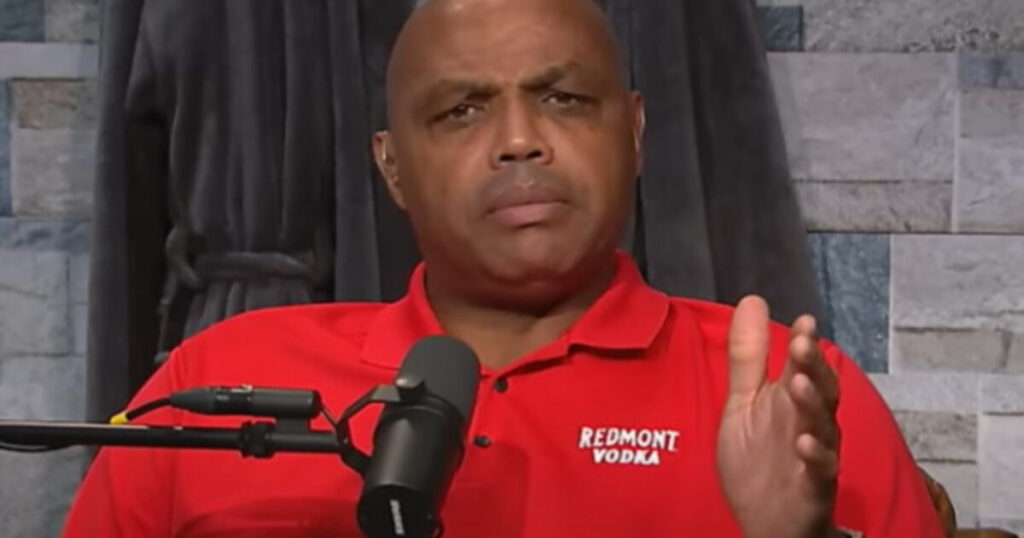In a recent episode of the podcast “The Steam Room,” former NBA star and sports broadcaster Charles Barkley discussed the outcome of the 2024 presidential election, which saw Donald Trump securing a second term. Barkley, who identified himself as an independent voter, expressed a mix of disappointment and clarity regarding the Democratic Party’s failure, particularly attributing their defeat to a lack of a strategic game plan. He pointed out that despite voting Democrat himself in the past, he has come to recognize significant shortcomings within the party, particularly in their approach to crucial issues.
Barkley specifically criticized the Democrats for not addressing foundational problems, such as immigration and inflation. He highlighted that Vice President Kamala Harris was unable to make any substantial gains in red states that had previously swung for Trump in the 2020 election. Instead of focusing on tangible solutions that resonate with the electorate, Barkley noted the party’s reliance on celebrity endorsements and large rallies. He dismissed these tactics, stating that high-profile appearances alone, like those by Beyoncé, would not sway voters in favor of the Democrats. His sentiments reflect a growing frustration among some voters about superficial campaign strategies.
The podcast’s discussion revealed Barkley’s regret over the Democratic Party’s failure to present a compelling vision for the future and a concrete plan to address voters’ needs. He expressed a belief that candidates should prioritize the everyday concerns of American citizens, such as financial stability and border security, rather than just focusing on electoral theatrics. Barkley’s comments resonated with a broader critique of political campaigning that often neglects the pressing issues voters face in their daily lives.
Moreover, Barkley took the opportunity to address the Democrats directly, urging them to refrain from disparaging their opponents in the wake of their loss. He argued that political discourse should shift toward humility and self-reflection following an electoral defeat. Instead of continuing to campaign without taking stock of their failures, Barkley implored the Democratic Party to consider what went wrong. He emphasized that voters expect solutions, not excuses or blame-shifting.
In a rather candid moment, Barkley encouraged Democrats to acknowledge their shortcomings and recognize when they have lost. He firmly stated that losing parties should refrain from vocalizing grievances and instead focus on understanding the reasons behind their defeat. His advice, though straightforward, highlights a deeper issue within political parties that often struggle to recalibrate in response to electoral setbacks.
Ultimately, Barkley’s perspective offers a provocative take on the current state of American politics, particularly surrounding the Democratic Party’s recent electoral performance. As an independent voter who has previously supported Democrats, his critique serves as a call to action for the party to innovate in their strategies and to genuinely engage with the needs of the electorate. Whether or not Democratic leaders heed his advice remains to be seen, but the underlying message is clear: a successful political campaign must be grounded in a strong, actionable policy platform rather than mere celebrity appeal.

